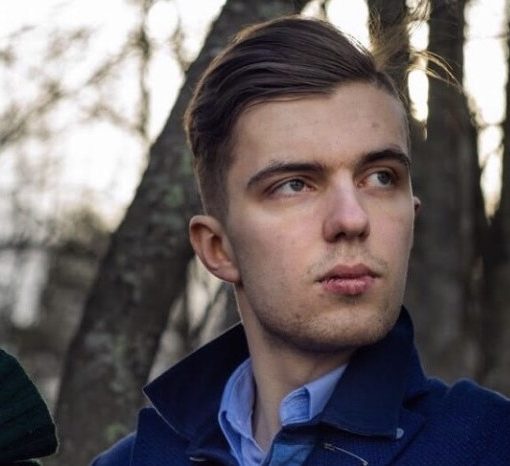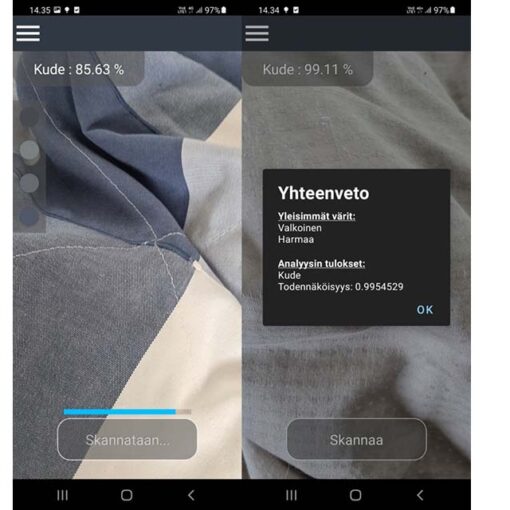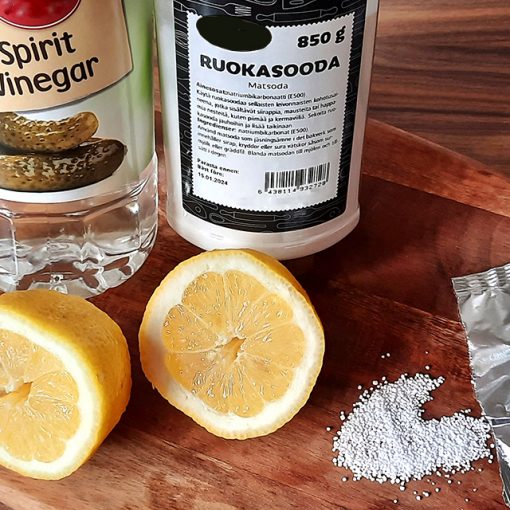LAB University of Applied Sciences organizes several international intensive weeks during semester and one of them is focused on circular economy. This year the goal of the intensive week for the students was to find initiatives of circular economy and serve solutions for sustainable ocean.
The ocean covers approximately 70 per cent of Earth’s surface (Ocean Exploration 2023). During the years after industrial revolution, we as a humankind have noticed, that large amount of the waste the humans produce end up in the oceans. According to some estimations it seems that by 2050 there could be more plastic than fish in the world’s oceans (WWF 2023).
There exist circular economy business models and the purpose of these models is to tackle climate change, biodiversity loss, increasing waste, and pollution. In these models processes and businesses are designed in such a way that they reduce the amount of waste, resources, and pollution. The goal is to circle products and materials. (Ellen MacArthur Foundation 2023.) These challenges are global, and one purpose of this intensive week was to find solutions for tackling these challenges we share from the perspective of different countries and regions. The aim of the intensive course was to familiarize students with the problems facing oceans and pay attention to the challenges to create sustainable marine environment within the scope of circular economy.
Creating solutions towards more sustainable future
This NordBiz Intensive Course was a unique course executed with cooperation within eight universities from Denmark, Finland, Estonia, Iceland, Latvia, Lithuania, Norway, and Sweden. The purpose of this week was to offer innovative solutions to solve main challenges, like marine littering.
Eight teams from different countries studied cases and analyzed them from the point of view of digital innovation, efficient communication strategies, application of technology solutions. Some of the cases were developed towards innovative sustainable business models and towards solutions to solve marine environment challenges.
The course gave the students the possibility to work in a multicultural environment and create their own network of future business contacts. As a result, in the end of the week the ideas and practices students created were transferred to the case companies and organizations. Through these ideas the companies can gain competitive advantage and sustainable growth.
![[Alt texr: four ladies in a seminar room having presentation.]](https://blogit.lab.fi/labfocus/wp-content/uploads/sites/8/2023/06/408_2023_Creating-a-better-tomorrow-with-the-circular-economy-in-Iceland-1024x461.jpg)
It was an intensive week
The intensive week took place in Reykjavik, Iceland. Teamwork and ability to search information played a major role in this course. Ability to share ideas with others and ability to build on others’ ideas were the most important skills during the course. All days in Iceland were full of activities, lessons, presentations, meetings with companies, and group work. The participants had the opportunity to get to know Iceland’s unique nature and meet the welcoming hosts at the University of Reykjavik.
After the week the students gained thorough understanding of principles and frameworks of circular economy in marine environment. The students also gained an improved ability to work with issues related to global environmental challenges.
Author
Tarja Isola (M.Sc. (Econ.)) works as a Senior Lecturer of Sustainable Business at Business unit at LAB University of Applied Sciences. Currently Isola focuses on sustainable parctises of SME’s and CSR communication.
References
Ellen MacArthur Foundation. 2023. What is circular economy? Cited 31 May 2023. Available at https://ellenmacarthurfoundation.org/topics/circular-economy-introduction/overview
Ocean Exploration. 2023. How much of the ocean has been explored? Cited on 31 May 2023. Available at https://oceanexplorer.noaa.gov/facts/explored.html
WWF. 2023. Will there be more plastic than fish in the sea? Cited 31 May 2023. Available at https://www.wwf.org.uk/myfootprint/challenges/will-there-be-more-plastic-fish-sea




